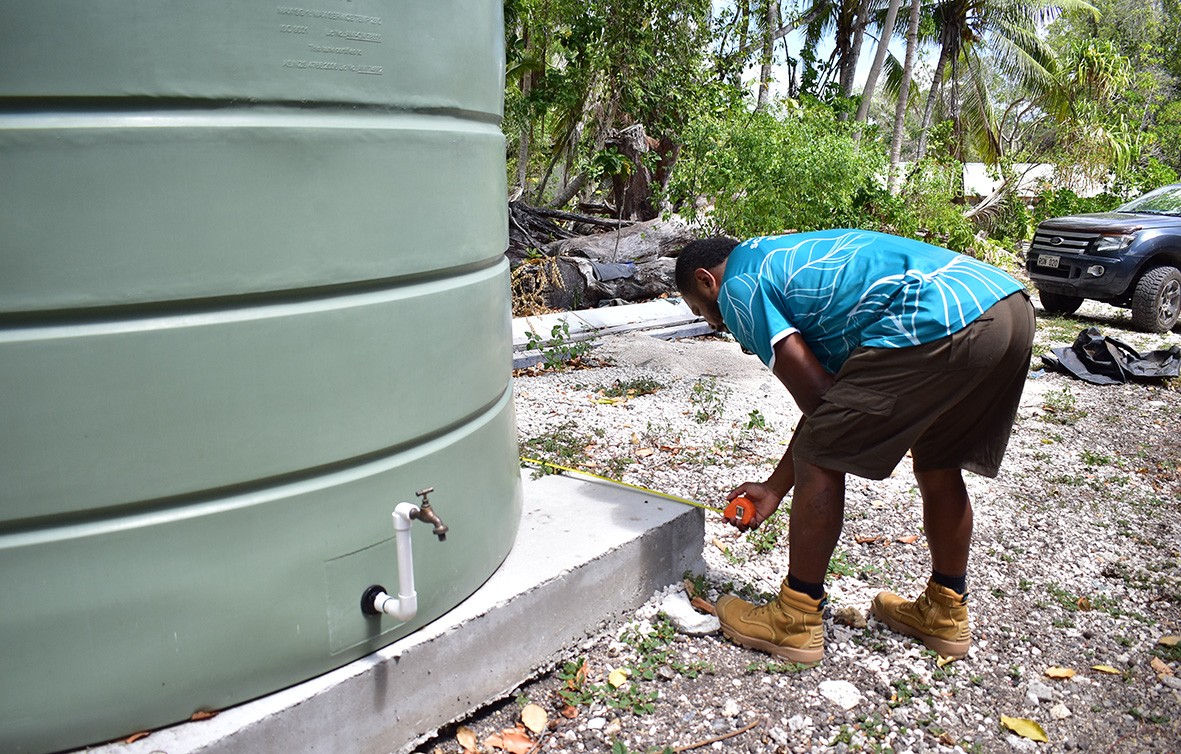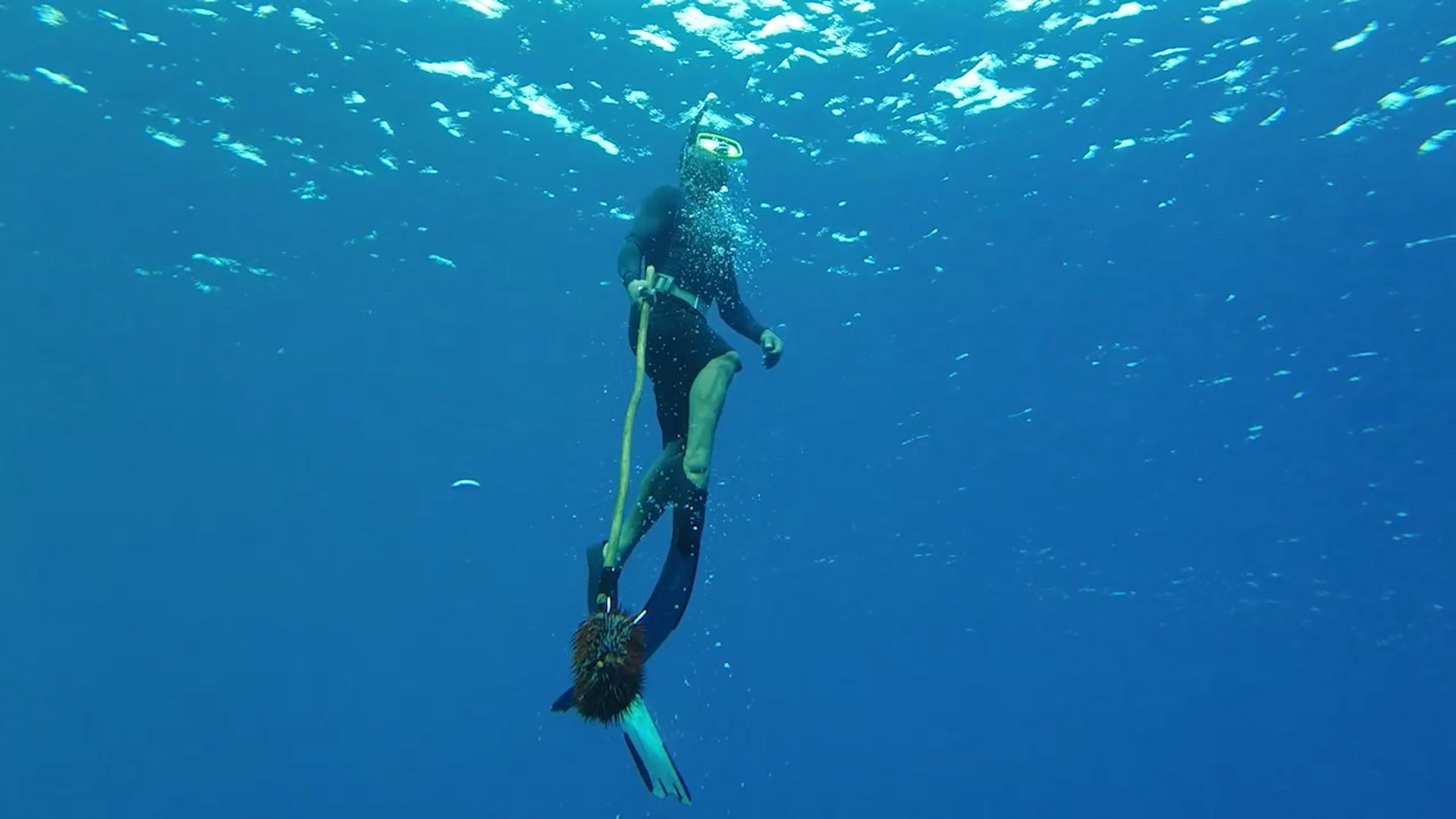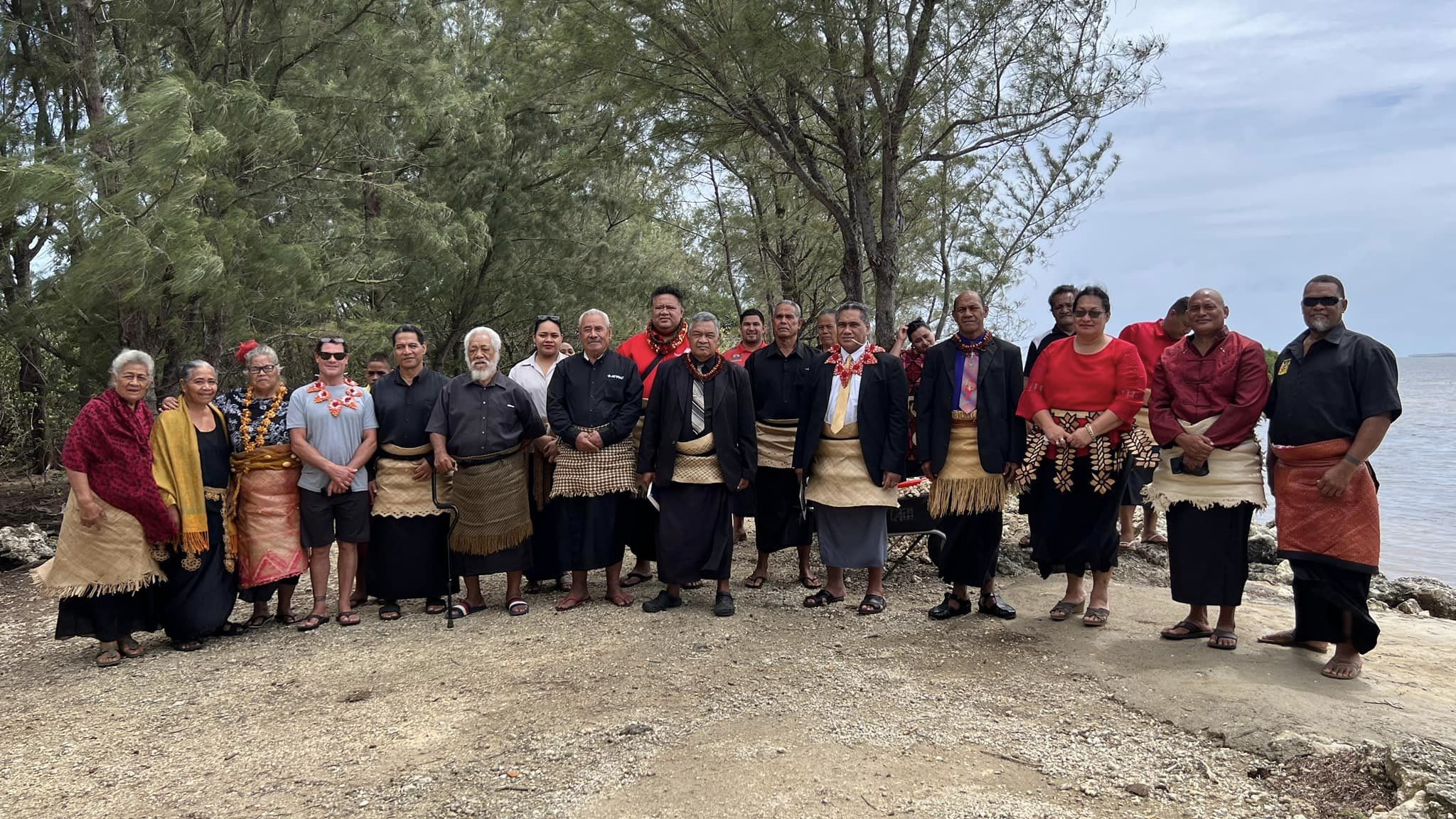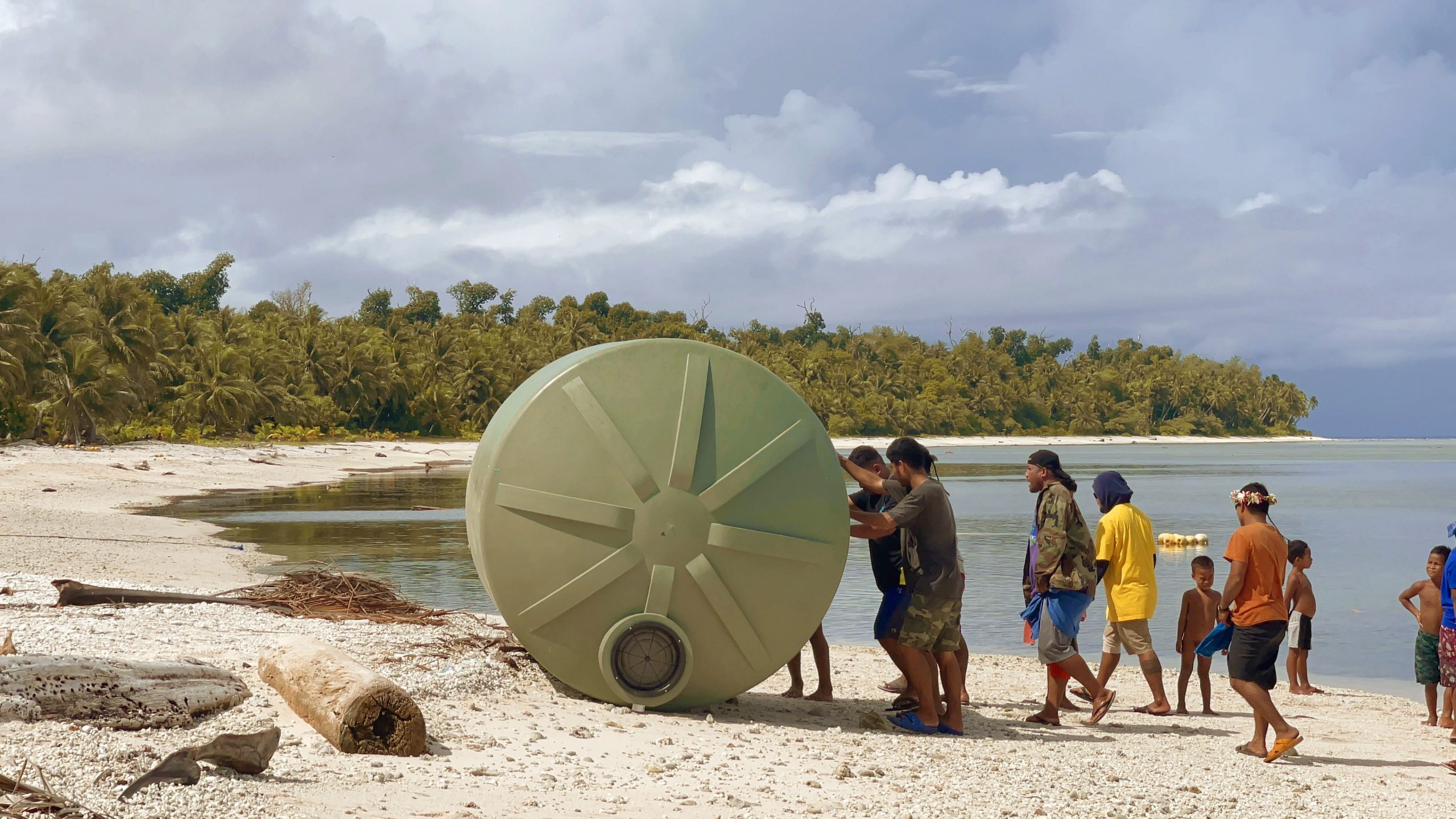Global Climate Change Alliance Plus – Scaling Up Pacific Adaptation project holds initial meeting in Fiji
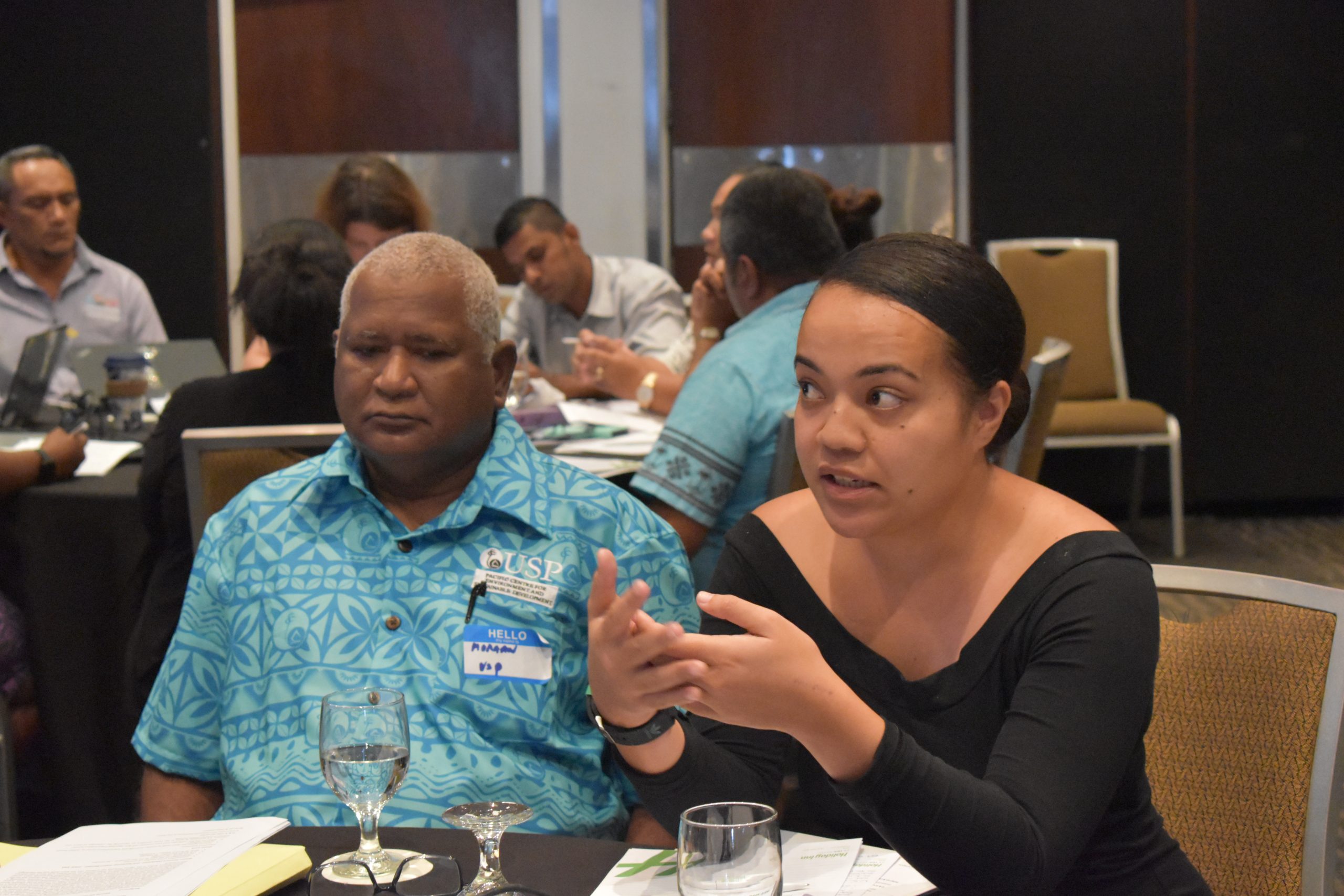
Delegates from ten Pacific Island countries gathered in Suva, Fiji in March for the inception and planning meeting of the Global Climate Change Alliance Plus – Scaling up Pacific Adaptation (GCCA+ SUPA) project.
The € 15 million project is funded by the European Union (EU) and is implemented by the Pacific Community (SPC) in partnership with the Secretariat of the Pacific Regional Environment Programme (SPREP) and the University of the South Pacific (USP).
The project is about scaling up climate change adaptation measures in specific sectors supported by knowledge management and capacity building. The 4.5 year project (2019-2023) will strengthen the implementation of sector-based, but integrated, climate change and disaster risk management strategies and plans.
In his opening remarks, the Team Leader, Climate Change, Energy, and Circular Economy, Delegation of the European Union for the Pacific, Mr Adrian Nicolae, highlighted the importance of integrating the experience from past adaptation projects in the daily efforts of households, communities and governments:
“Climate change and natural disasters are two of the greatest long-term threats undermining the ability of all countries, in particular Pacific countries, to achieve sustainable development. The GCCA+ SUPA programme, which builds upon 10 years and over 70 successful projects across the globe under the GCCA flagship initiative, will reinforce the excellent partnership between the EU and the Pacific in the efforts against climate change,” he said.
SPC Geoscience Energy and Maritime Director, Dr. Andrew Jones described how “SPC worked with the smaller Pacific Island countries, during the first phase of the GCCA and trialed on-the-ground climate change adaptation measures in several sectors, including food and water security, health, coastal protection and fisheries. Valuable lessons have been learnt and the Pacific region is especially grateful to the EU for entering into this second phase of the GCCA Action so that we can continue to expand our resilience building efforts.”
The project will adopt a “learning by doing” approach by assessing the past to build sustainability into strategic planning, addressing previously-identified capacity gaps, and scaling up existing sector focused, on-the-ground, climate change adaptation measures.
“The inception workshop has given countries the reassurance that SUPA, as one of the regional project, pools together tools, resources and especially the partners to scaling up our national efforts and continuing to build the resilience of our communities and our people to climate change,” said Charlotte Pihigia, the delegate from Niue.
Scaling up Pacific adaptation and building sector resilience will require significant investment and will likely span decades. The meeting included a panel session on building partnerships for funding future scaling up during which delegates heard perspectives from an expert panel and shared their own experiences on enabling access to climate funding.
A marketplace was organised to provide an opportunity for delegates to explore potential climate change adaptation tools and approaches for scaling up existing interventions. Teams from SPC, SPREP and USP showcased new and exciting ideas such as the use of drone technology for mapping water resources, the potential of climate ready crops to counteract the impact of droughts, and the use of ecosystem based approaches in coastal protection.

“The GCCA+ SUPA programme, which builds upon 10 years and over 70 successful projects across the globe under the GCCA flagship initiative, will reinforce the excellent partnership between the EU and the Pacific in the efforts against climate change,”
- Posted on March 23, 2019 by
- Zhiyad Khan
Share

